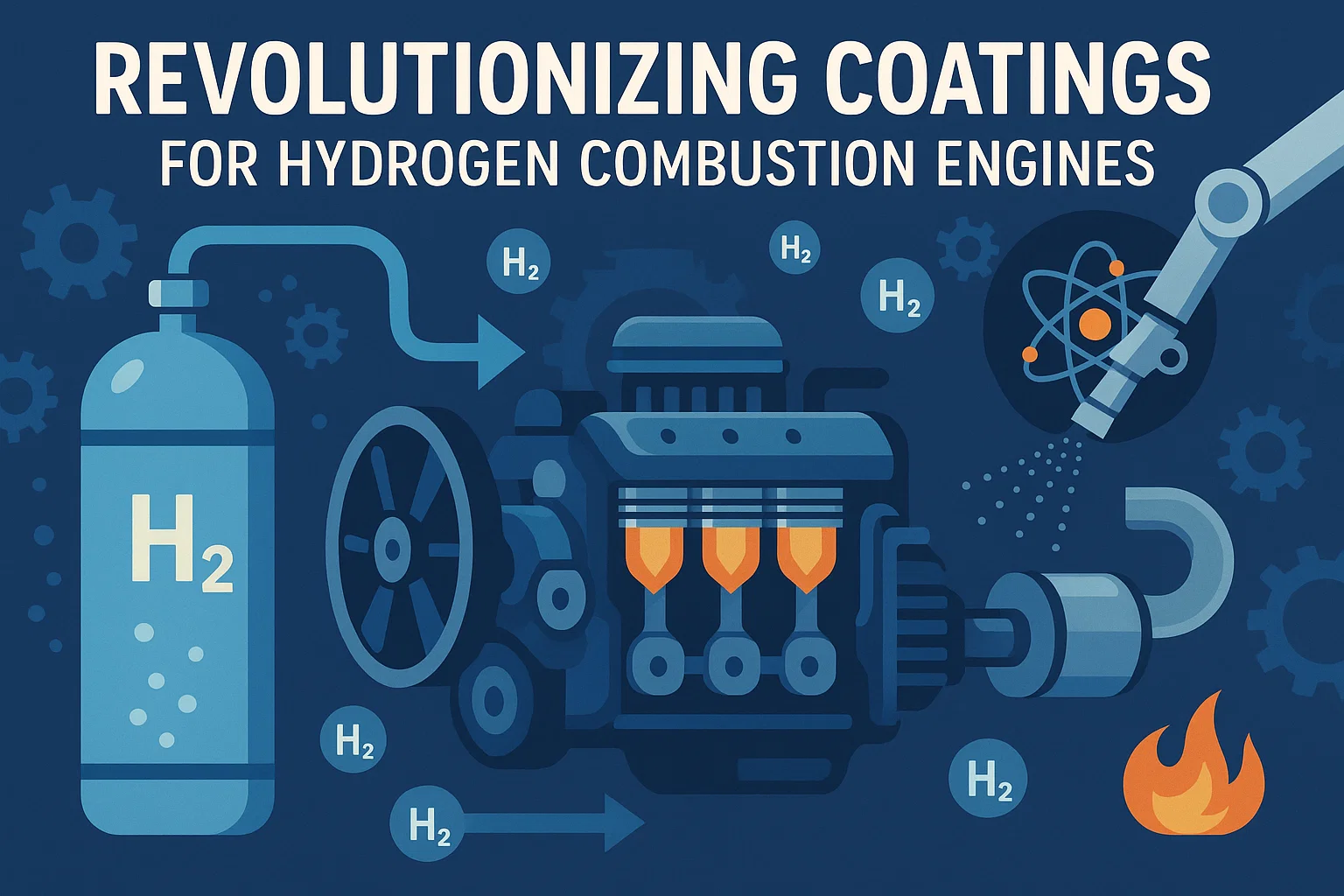An engineering team from the University of Alberta, led by Jing Liu and Hao Zhang, has developed a new complex concentrated alloy—AlCrTiVNi₅—designed to withstand the extreme conditions of full hydrogen combustion (600–1500 °C, high pressure, and steam corrosion). This breakthrough was confirmed via rigorous testing and modeling, and could enable truly 100 % hydrogen-fueled engines.

AlCrTiVNi₅ is a next-generation superalloy combining aluminum, chromium, titanium, vanadium, and nickel in a “complex concentrated alloy” structure. It offers:
These traits make it ideal for coatings in gas turbines, power stations, and engines operating at ultra-high temperatures.
Hydrogen combustion reaches flame temperatures up to 1,500 °C and generates corrosive steam—conditions that destroy standard metallic coatings within 24 hours. AlCrTiVNi₅ survived 100‑hour exposure at 900 °C with no failure, marking a quantum leap in materials science.
The team followed a systematic approach:
AlCrTiVNi₅ supports clean-energy goals in several ways:
Despite its promise, further development is needed:
Professor Liu emphasizes that AlCrTiVNi₅ “outperforms anything else on the market right now” and could “open the door for new possibilities and advance the Canadian hydrogen economy.”
Contact: [email protected] | +86 15773162403 | www.zpigments.com